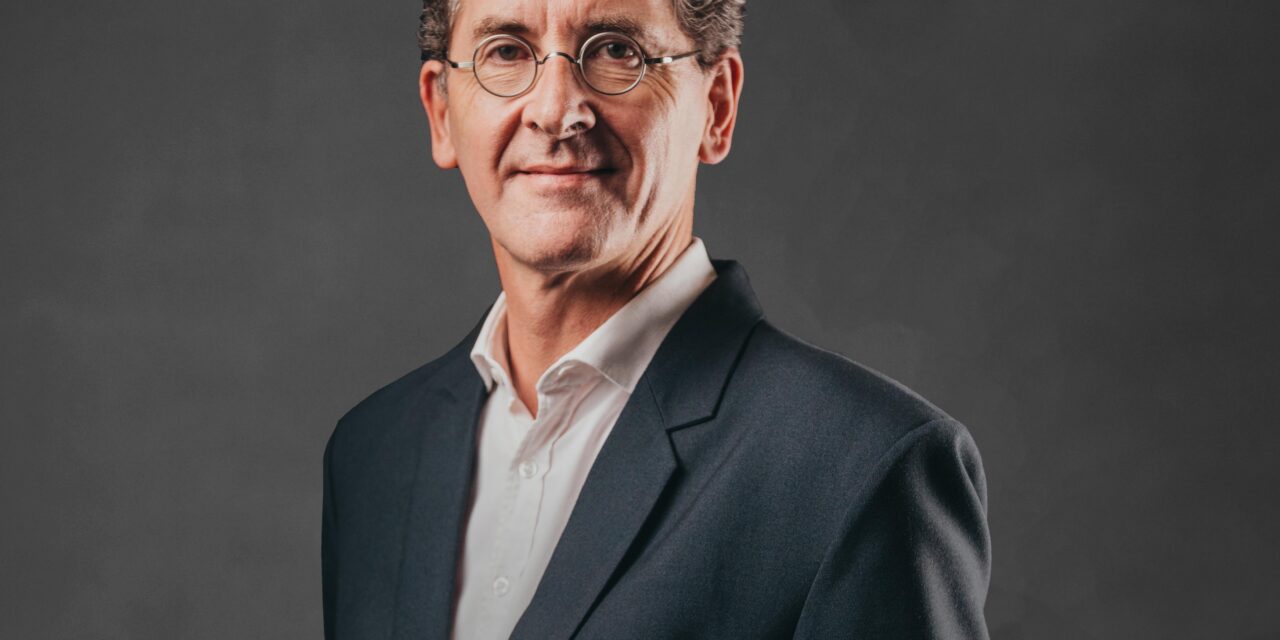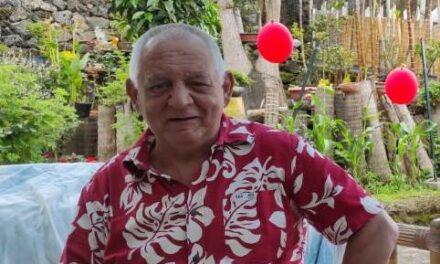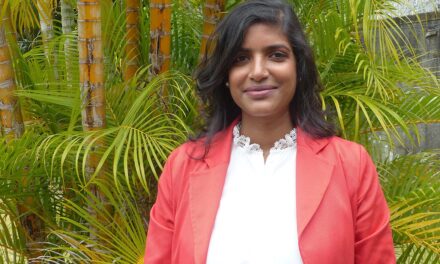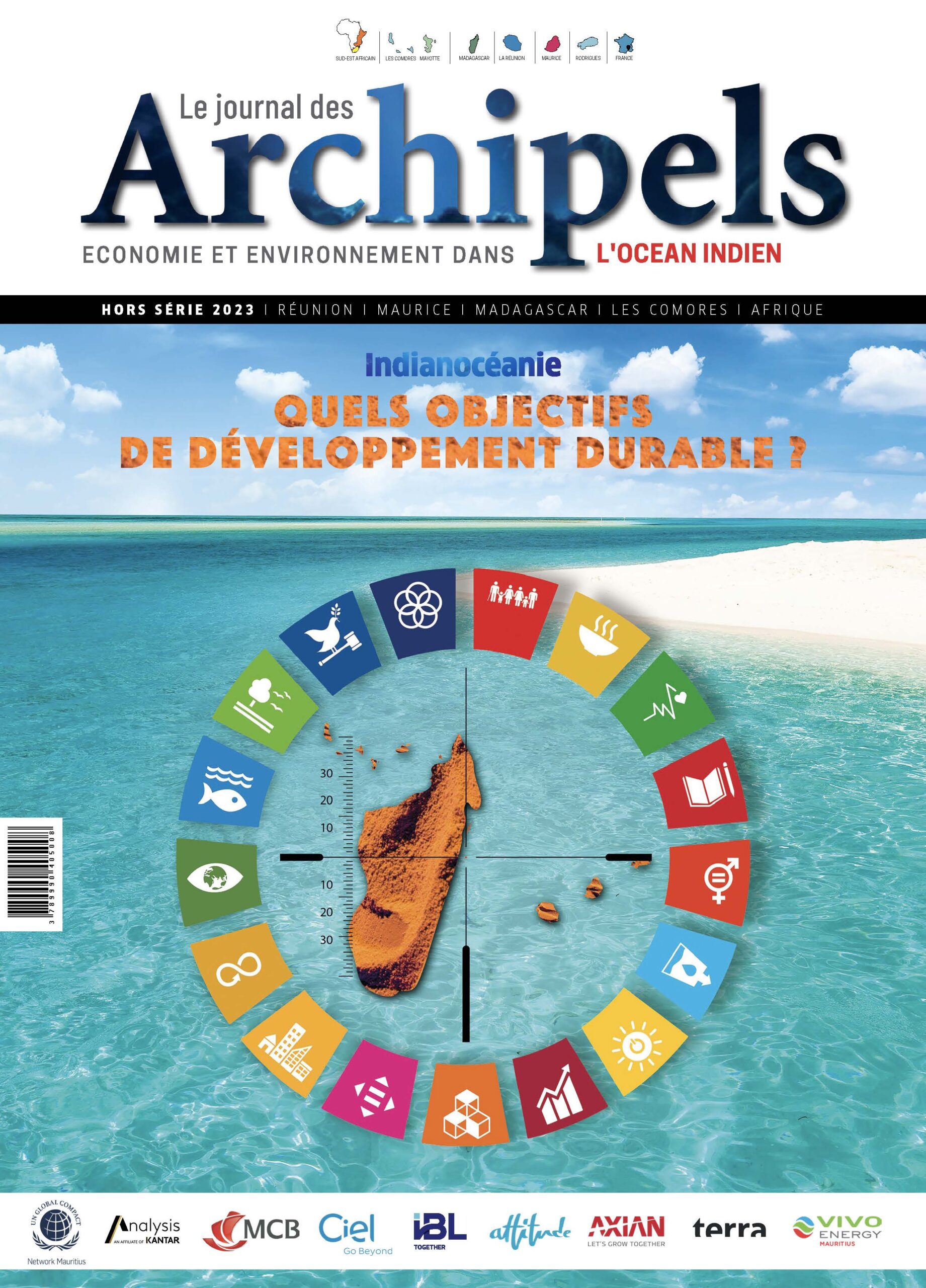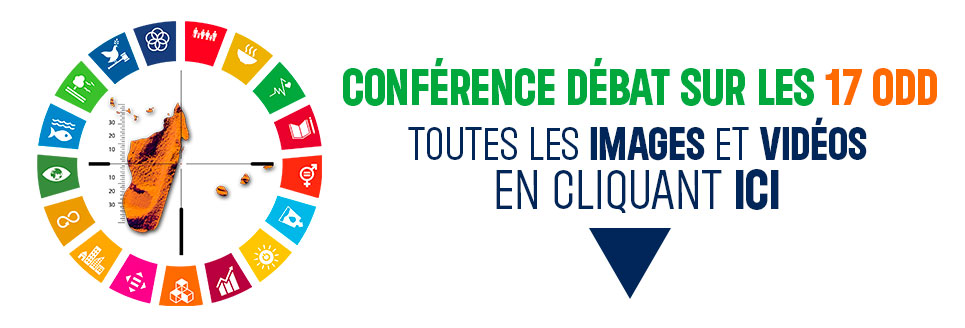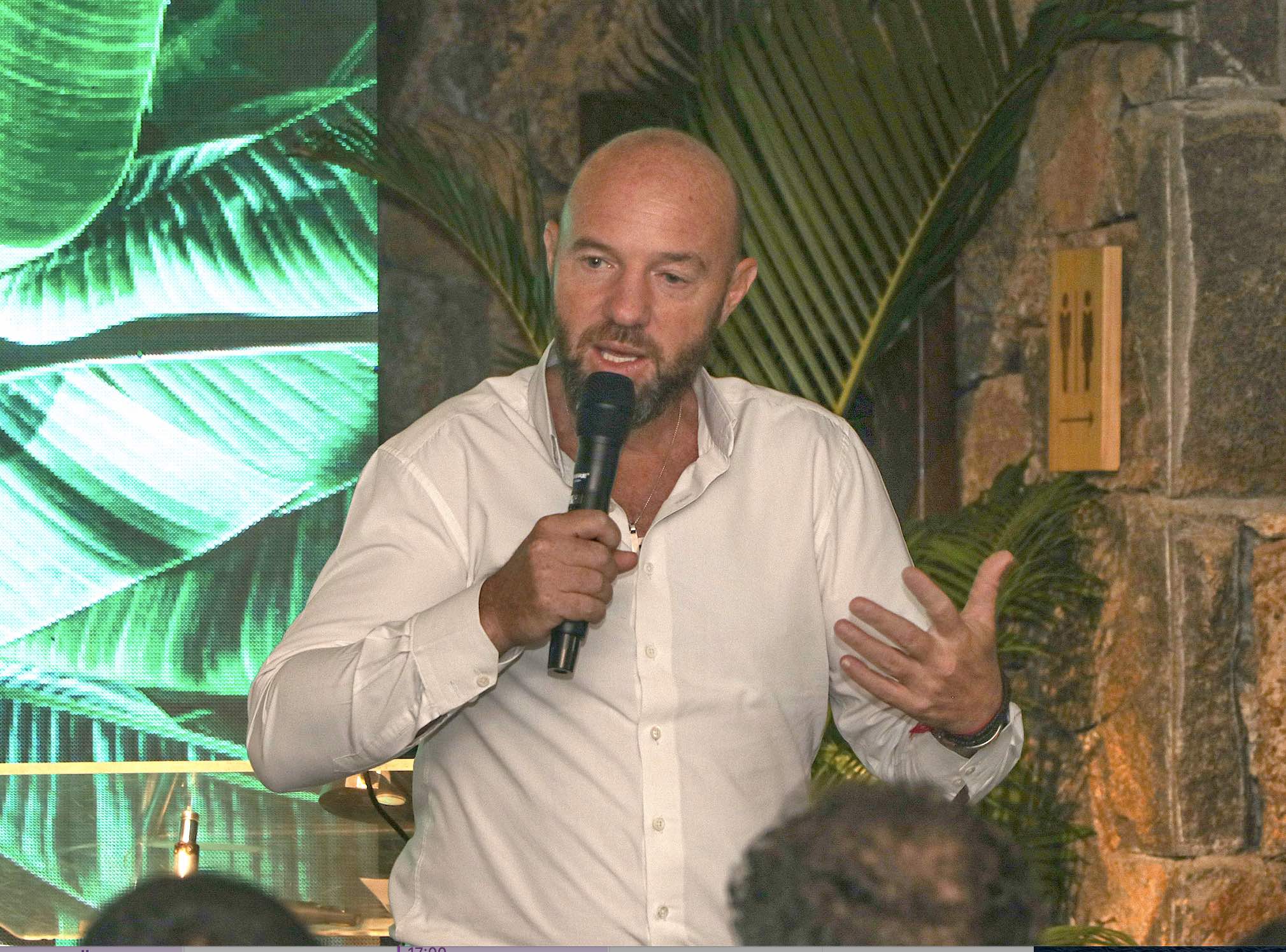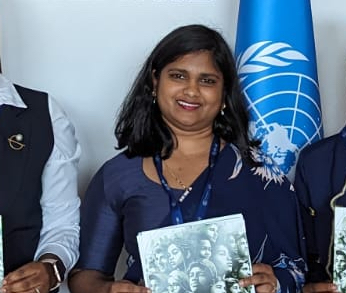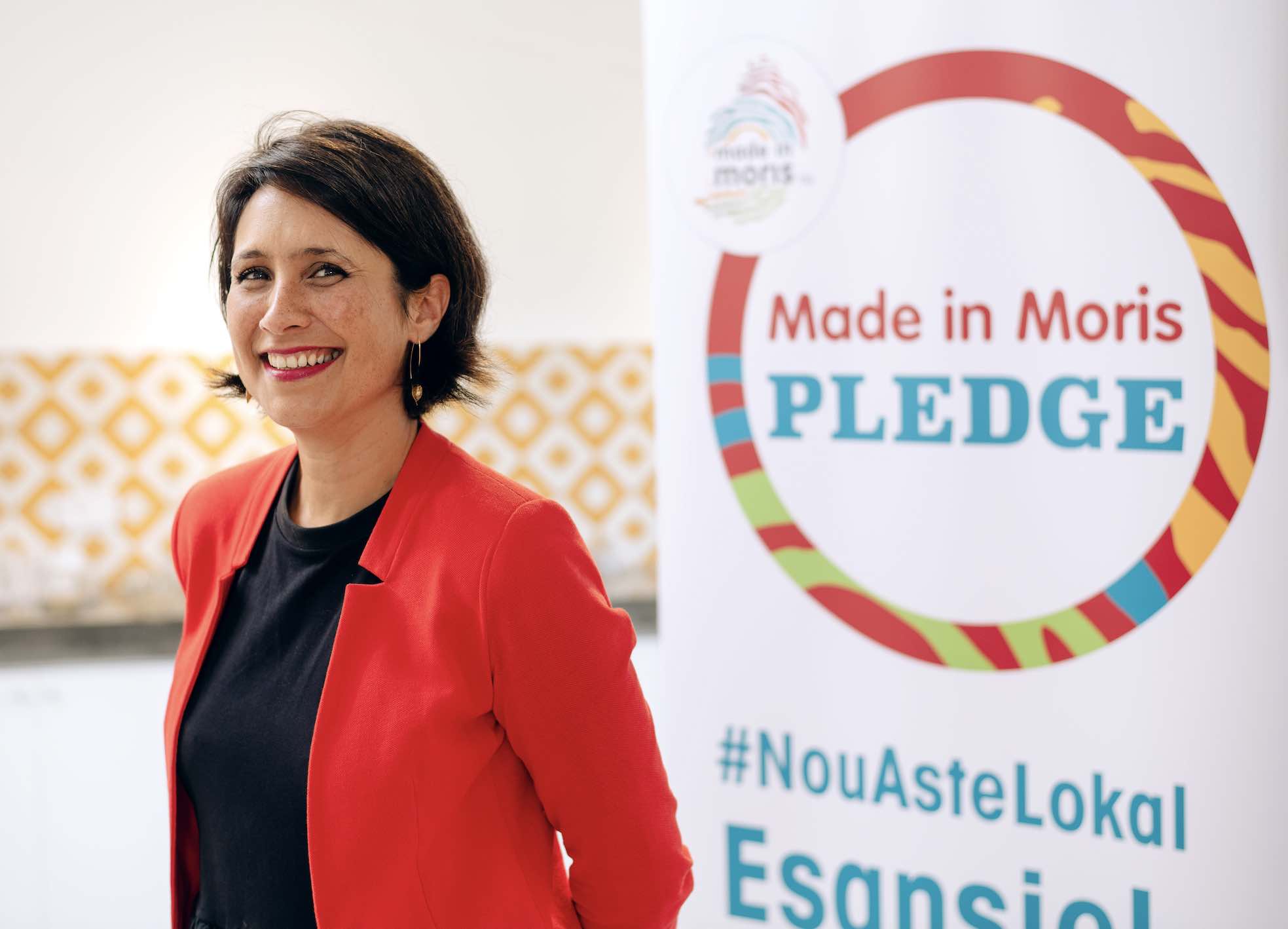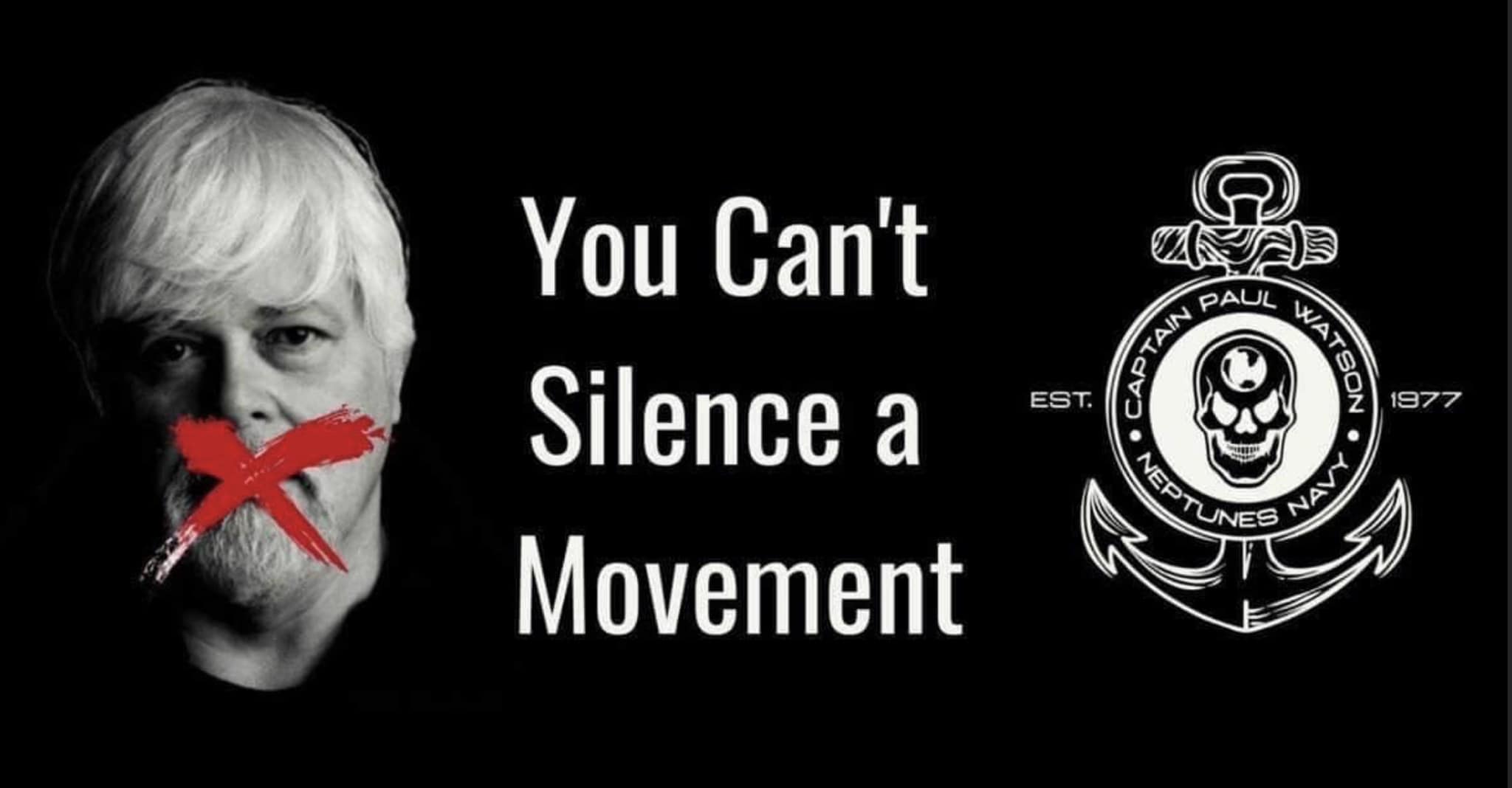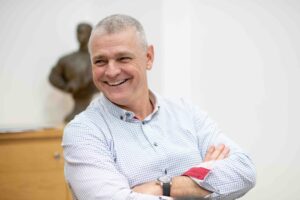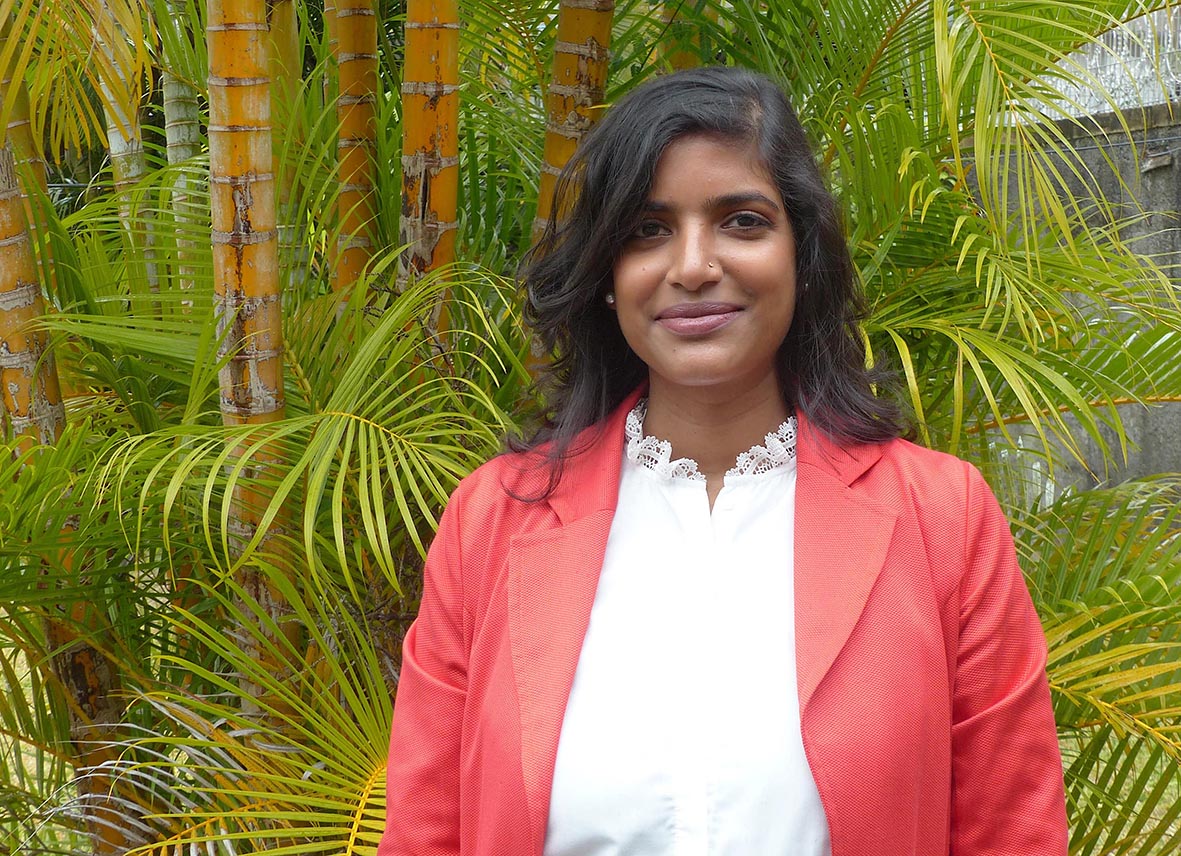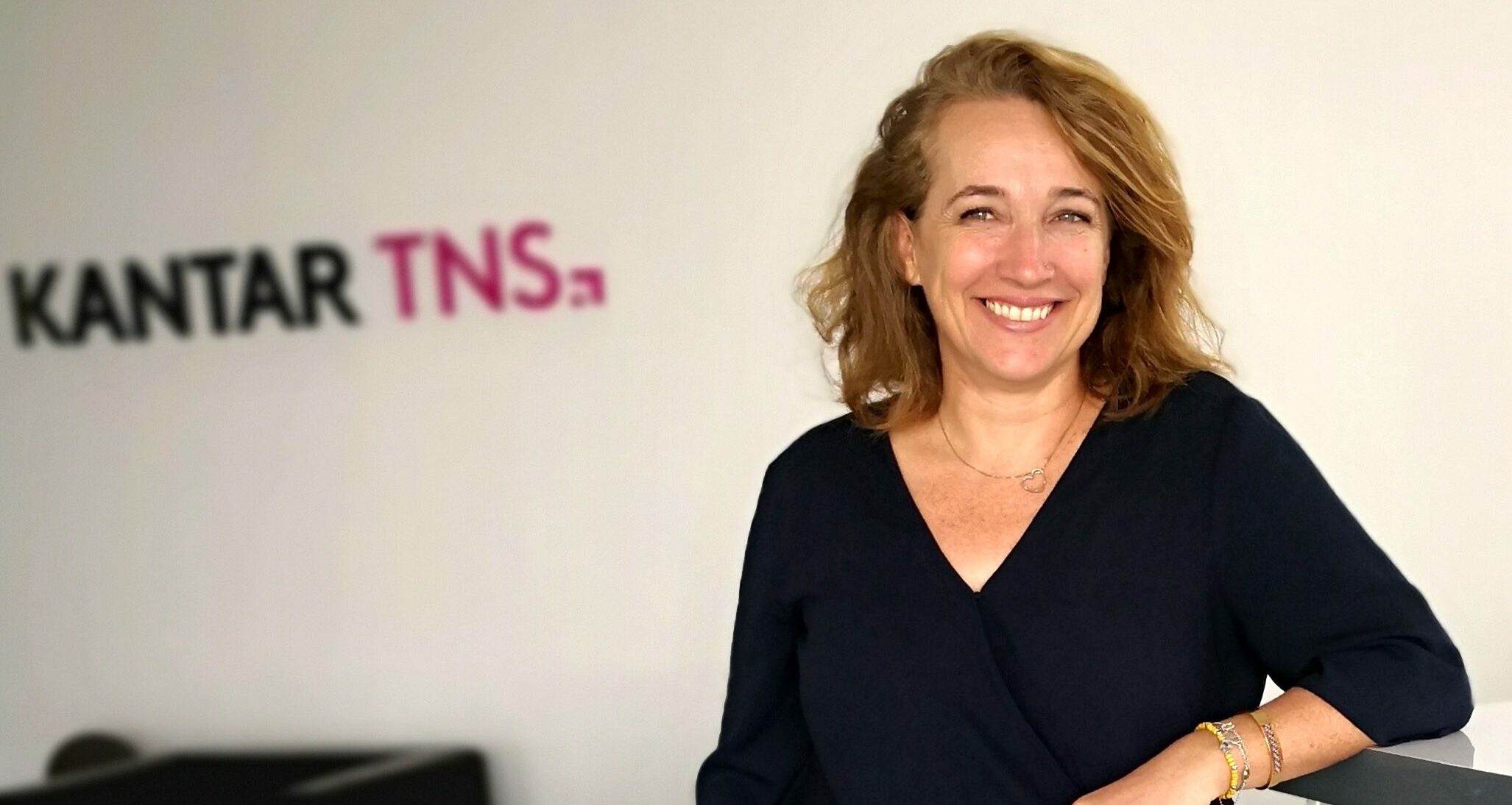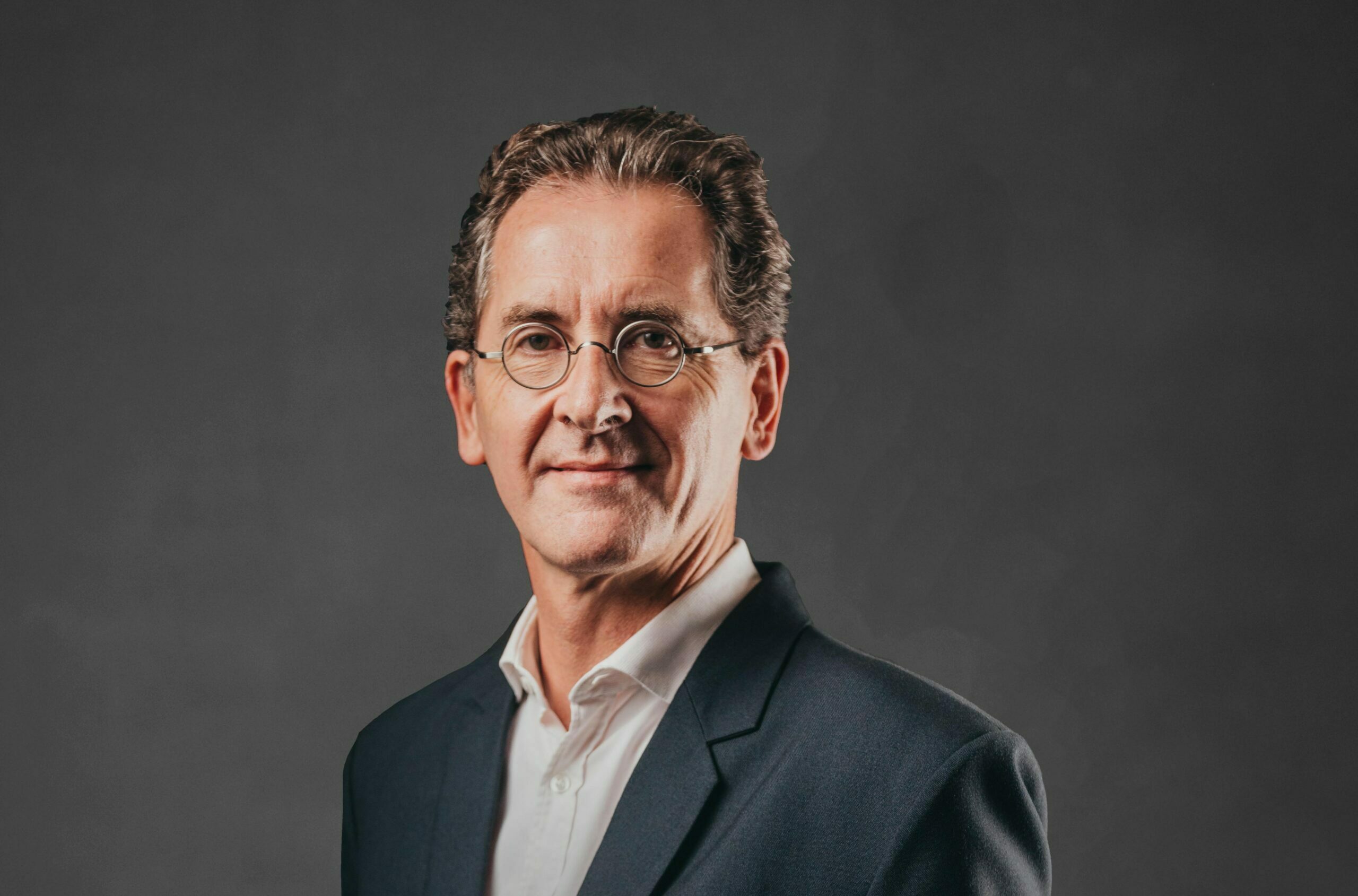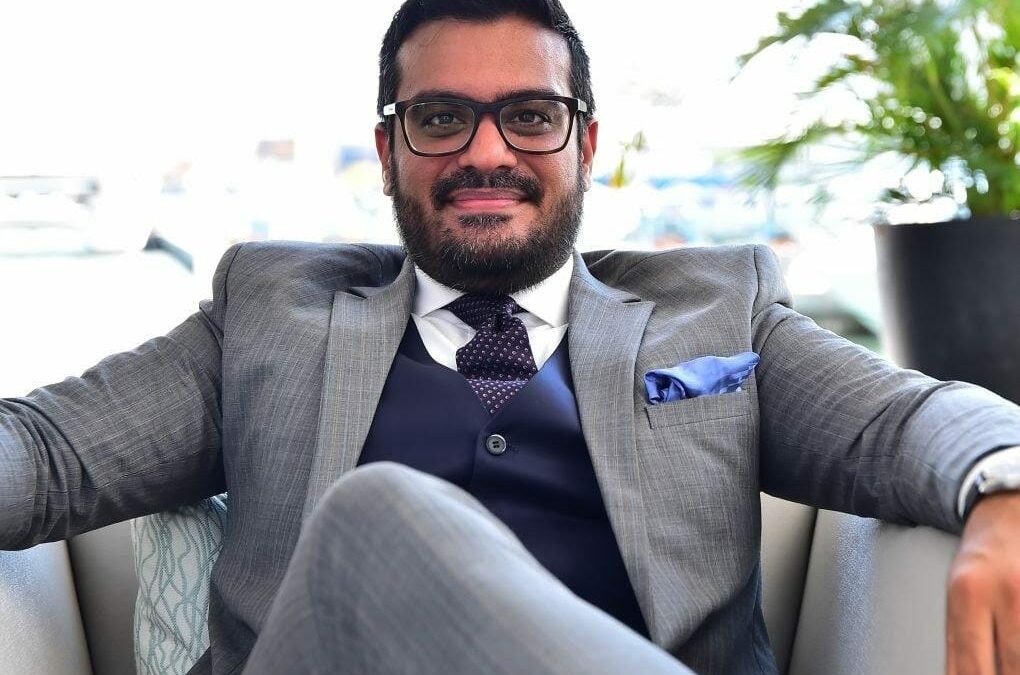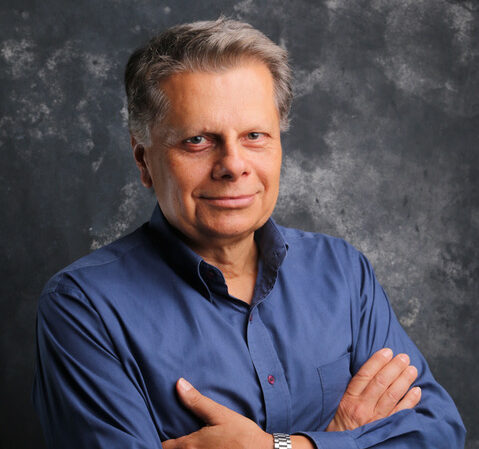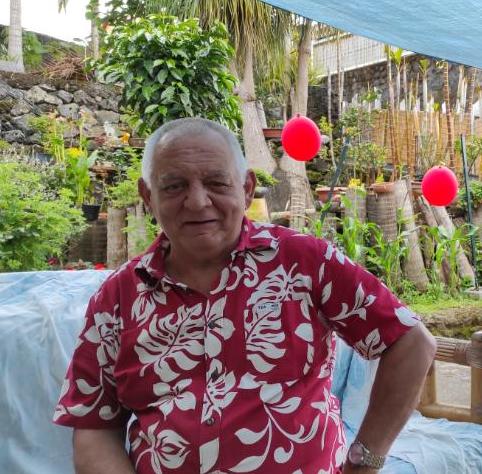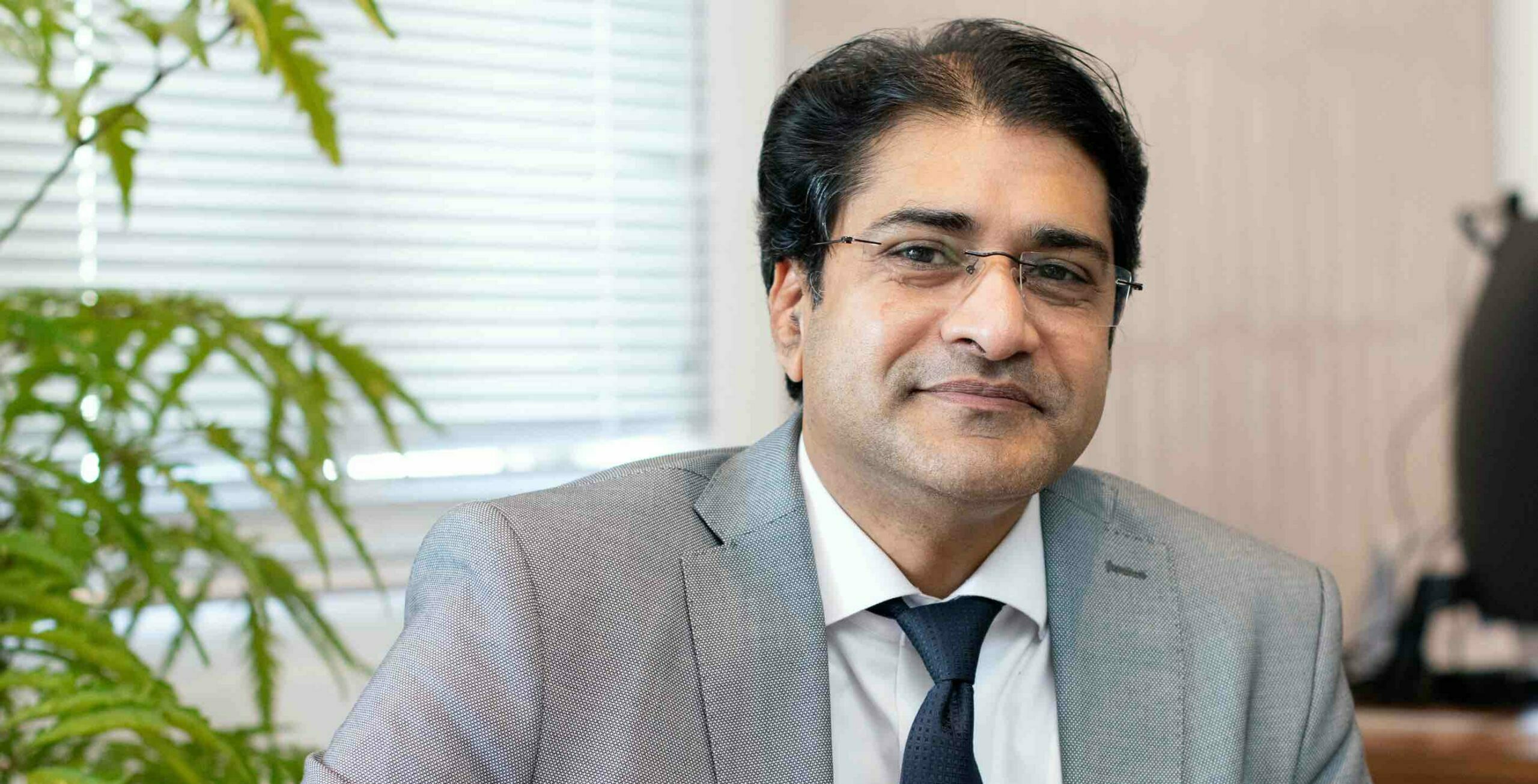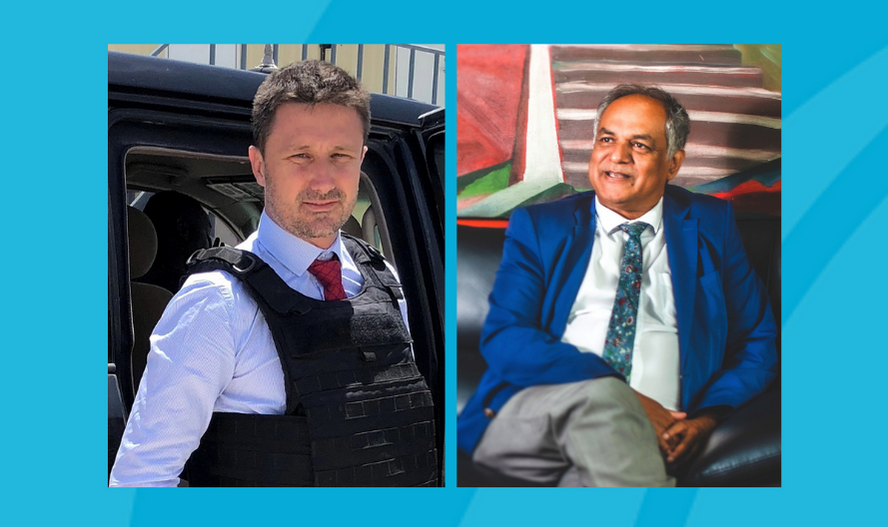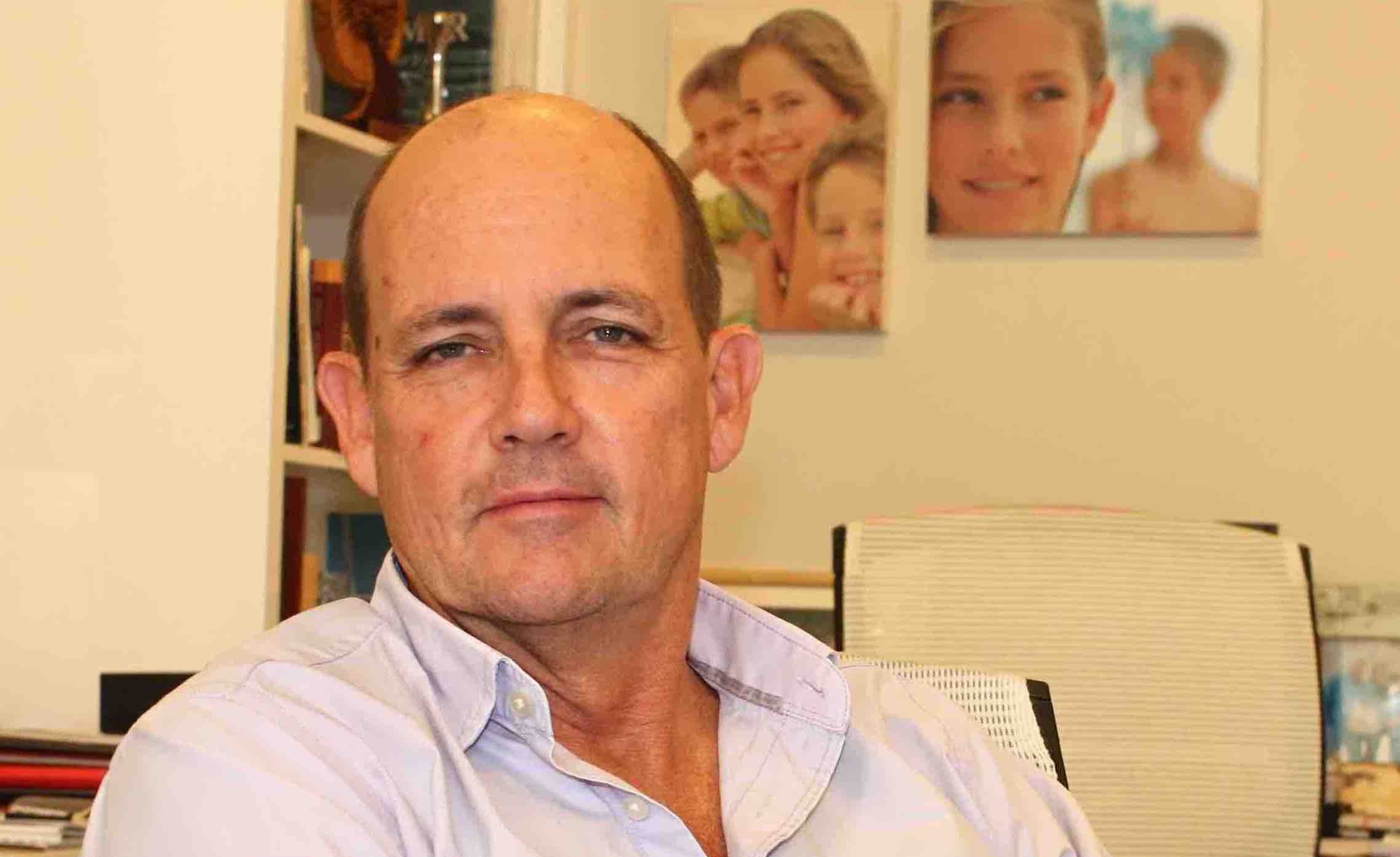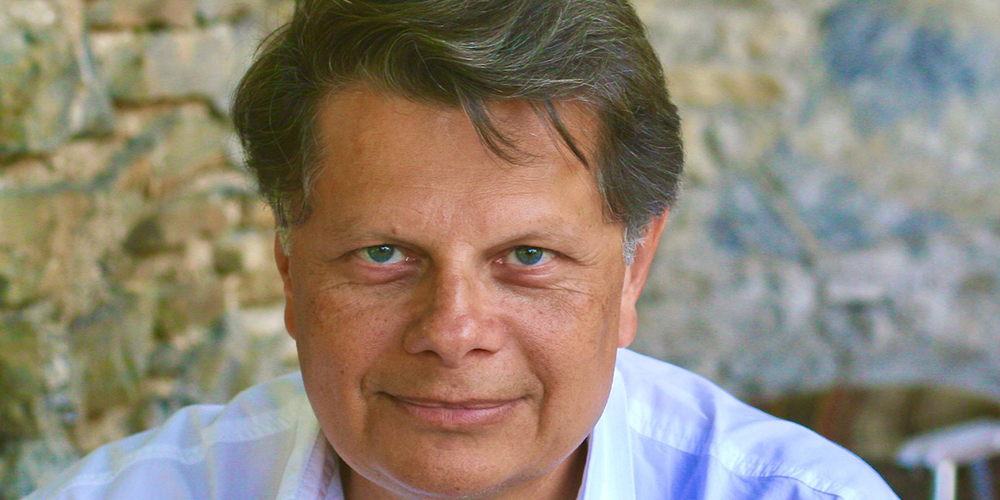Mobility is work and its organization. We thought that a positive element of the health crisis could be that people had learned to work at a distance. And there were two possible ways of doing this: learning to work by limiting travel and/or planning it differently, which requires effort, or doing it the same way as before, which is easier. The overall “traffic jam” indicator shows that we are mostly back to the old system. Travelling is also a drain on personal time that can take up to several hours a day, with all the negative implications for quality of life.
Because mobility is also domestic life.
Mauritius has fewer vehicles in circulation than Reunion Island despite a much larger population. This means that the development potential is important. The individual vehicle remains an instrument of freedom and an aspiration for all. We are not going to solve the problem with more motorways and expressways. We are at a dead end.
Mobility is health. The opposite is true. A sedentary lifestyle is a disease. Paradoxically, more travel means more sedentary life. Let’s relearn how to pedal, walk, and gain years of healthy life. This is done very well elsewhere. Why not here?
Mobility is energy. Mauritius has already formulated clear and important ambitions in this area. It has set out its ambitions for electricity production with the objective of moving away from coal by 2030. Mauritius hosts the most promising development in renewable energy production, the production by Kite. Other initiatives are possible and would contribute to this positive image, such as the transformation into energy by high temperature pyrolysis[1] of the 75,000 t[2] of plastics that end up at Mare-Chicose every year (waste storage site in the south).
A model for the transition to sustainable mobility?
On the other hand, everything remains to be done in mobility, which represents 54% of the final energy consumed in the country[3]. Thanks to its advantageous geography, Mauritius has the means to turn the tables and become a model of transition towards sustainable mobility: collective, sober, with renewable energy.
Collective because quality public transportation must be competitive. We already have light rail. Other solutions such as streetcars on wheels could complete this system at a lower cost.
Sober because the over-consumption of unnecessary, costly and time-consuming trips must be avoided, and also sober because light vehicles must be preferred.
And with solar energy if the vehicles are electric. As Prof. Gunter Pauli said at the workshop organized by the Charles Telfair Centre: “the energy transition and mobility must be planned together”.
Moving in all these directions would make Mauritius an example on the social and environmental level. Mauritians will be the first beneficiaries. And Mauritius, now on the world map of sustainable development, will have a competitive advantage for tourism and global business.
So, do we continue as before or do we take a few steps ahead?
*Born in France in 1962 and Mauritian by adoption, Jean-Luc Wilain is dedicated to a cause: to do today what is necessary to pass on a liveable world to future generations. Engineer of the Mines, holder of an Advanced Management Program in management and strategy, he has practiced most of the corporate professions in five countries and has been in business with about fifty. Recently responsible for the sustainable development of a Mauritian conglomerate, he decided to leave this comfort zone to devote himself, with his consulting company WillChange, to business consulting, to the development of innovative and sustainable solutions, and to sharing through publications, conferences and training.
[1] Important clarification.
[2] Heating value of 2 RED EAGLE.
[3] Statistics Mauritius. Figures for 2019. Last year of reference. The final energy is the one we put in our machines (electricity, fuel, etc … )


